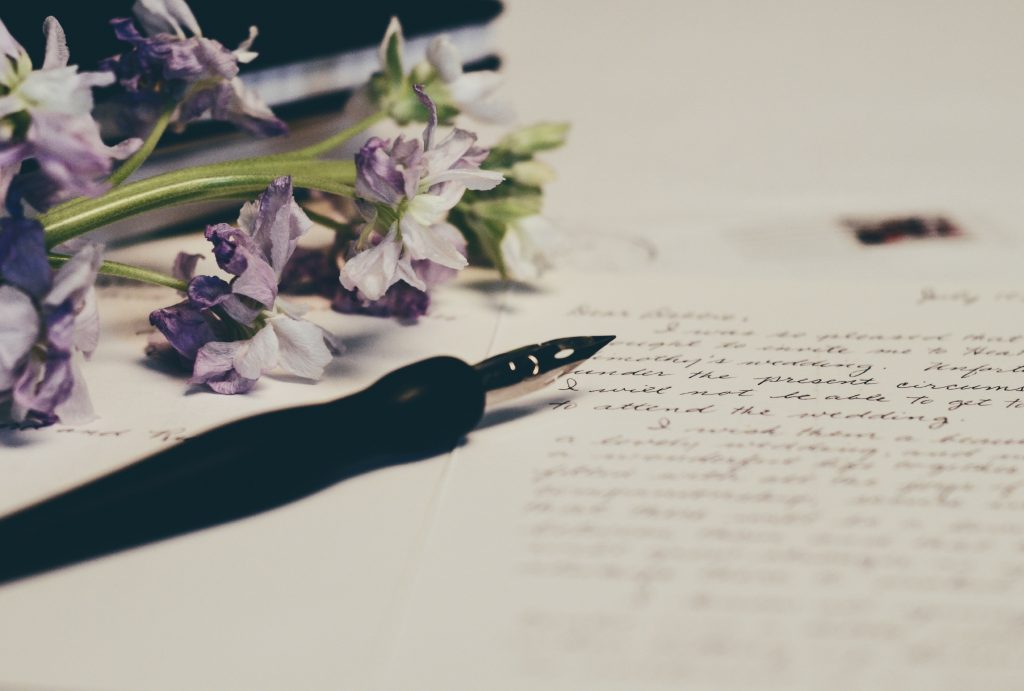How to use the words ‘wet’ and ‘whet’ correctly
FOR STUDENTS
Whetting your whistle might hurt while wetting an appetite is actually impossible. How to use verbs whet and wet correctly? The wrong usage of these two words happens very often. There is no connection between these two verbs but they turn out to be baffling for many writers through centuries.

They are homophones and, naturally, very often they are confusing for many. Let’s get deeper into the mix-up of two words wet and whet and how to avoid the unnecessary confusion.
The actual meanings of the words wet and whet
Words wet and whet have many different meanings but, mostly, dictionaries give out the following interpretations of what these words imply:
WET
Verb – to cover or touch with liquid to moisten
Noun – a liquid that makes something damp
WHET
Verb–to sharpen the blade of a tool or weapon
Noun–a thing that stimulates appetite or desire
The etymology of the words wet, whet and whistle
In Modern English, the word wet is commonly used and it is familiar to everyone.
In comparison, the word whet is not so popular since the Medieval times and it explains sharpening of some tool on a stone.
The word whistle had a meaning of throat or mouth since the 14th century.

The usage of verbs wet and whet in phrases
Whetting something means sharpening, and in a figurative sense, it is used to describe the condition of becoming more keen or acute. It might refer to the interest, wit, desire etc. In the phrase whet one’s appetite, this word concerns stimulating a desire for food. Even though your mouth gets naturally wet if you see something appetizing, whetting in terms of hunger means stimulation to get whatever looks like a desirable object to you.
At some point, wetting a whistle meant moisturizing a throat by taking a drink, sometimes the one which contained alcohol in it. Geoffrey Chaucer, a Medieval English poet, used the word whistle in one of his poems “The Reeve’s Tale” in the following way: “As any jay she light was and jolly; / So was her jolly whistle well wet”. Inexplicably, in the 17th century, the word wet was mistakenly substituted by the word whet in this expression.

If two words wet and whet are substituted in both phrases, it will not make any sense whatsoever. Sharpening throat will, obviously, hurt while dampening intangible desire to eat is physically impossible.
These two constructions are used incorrectly for centuries now, but we hope that our explanation of how words wet and whet should be used properly can help you use them in a correct way.


